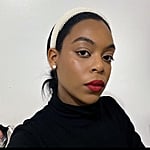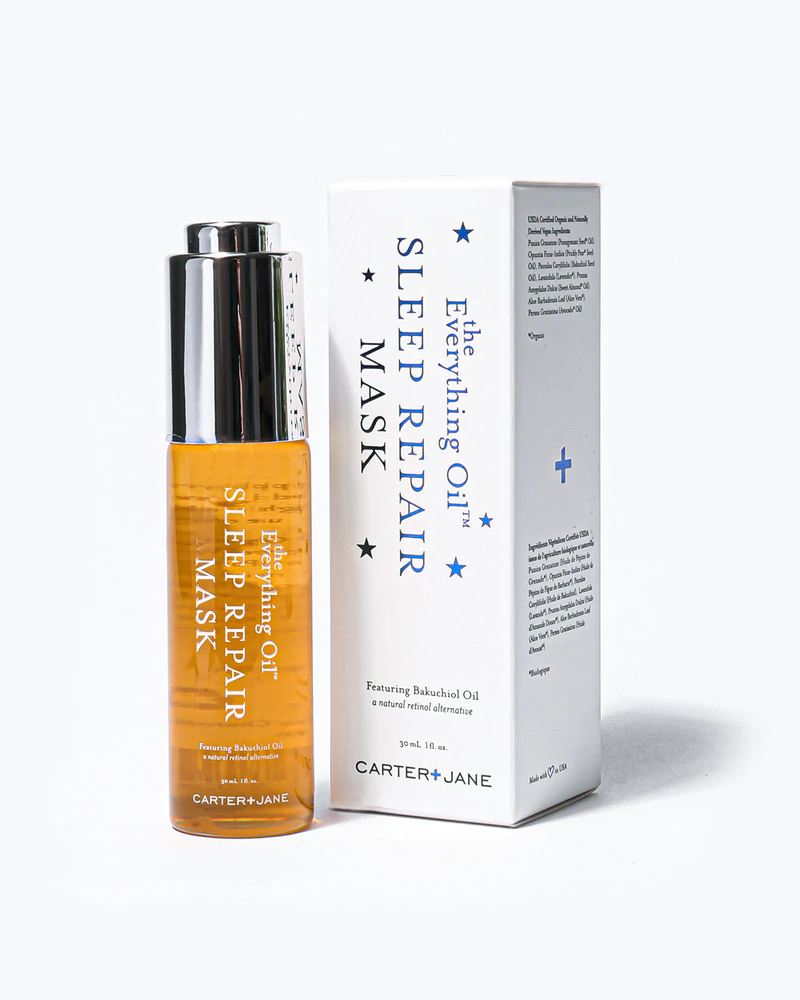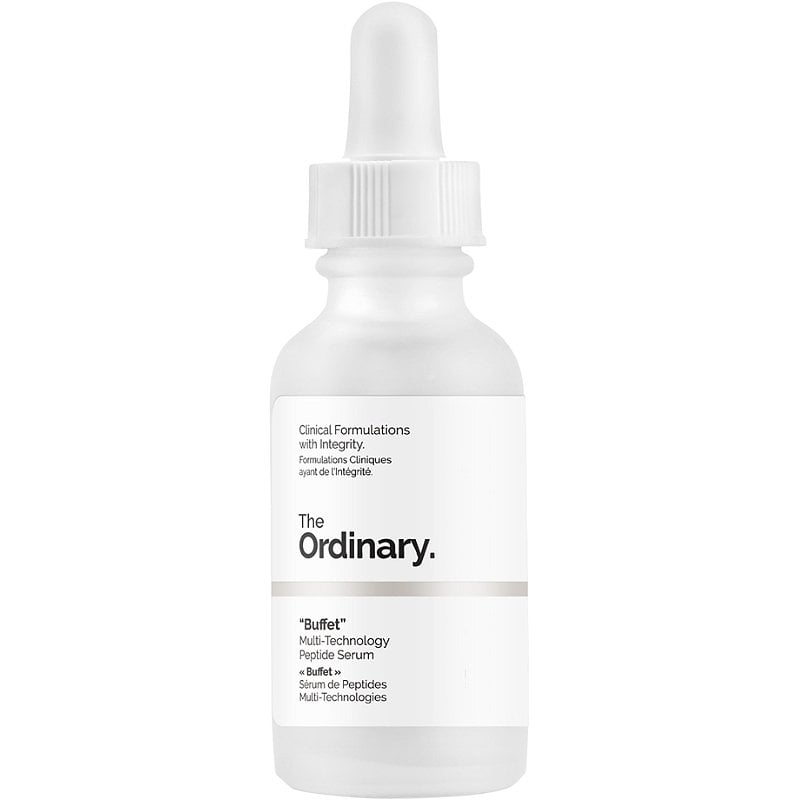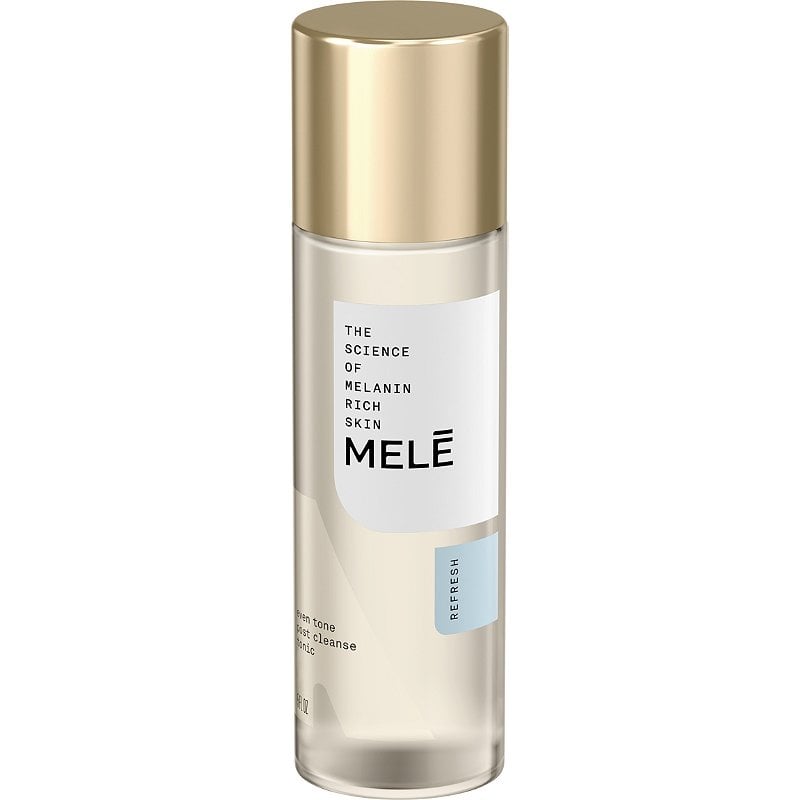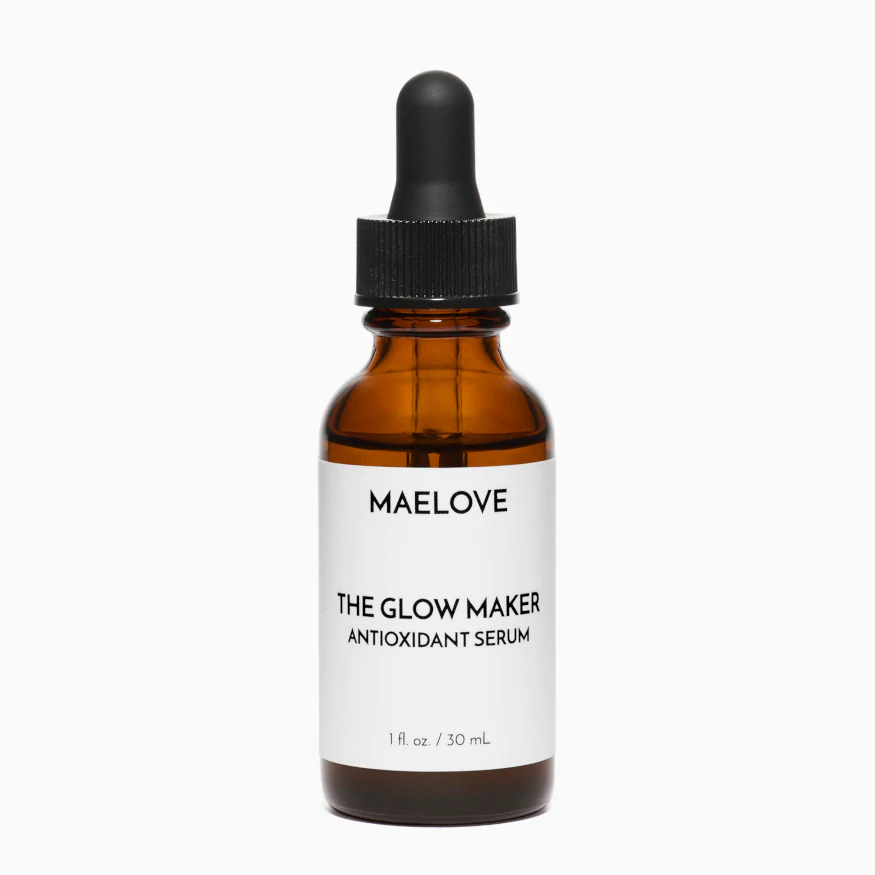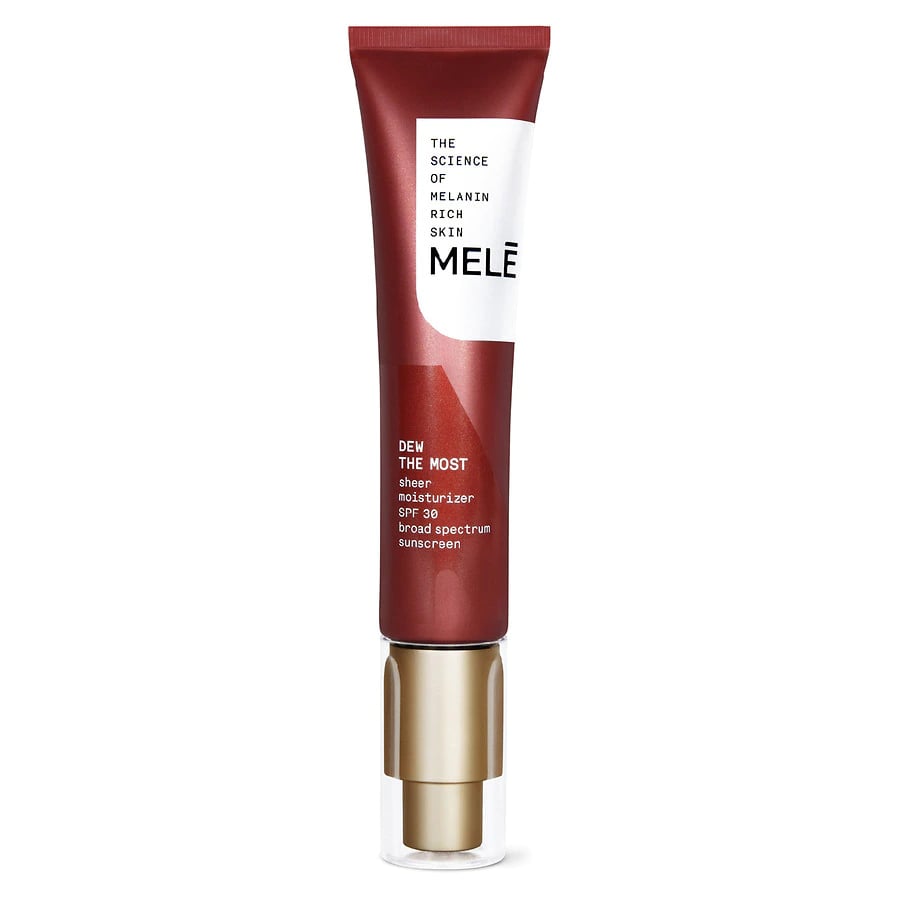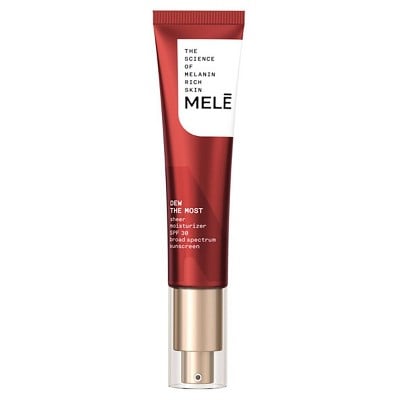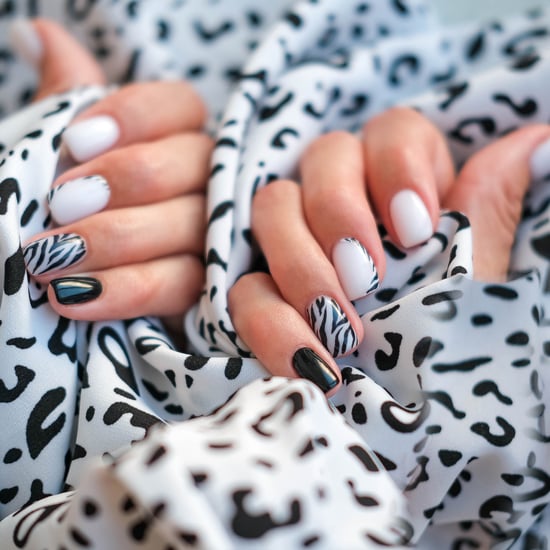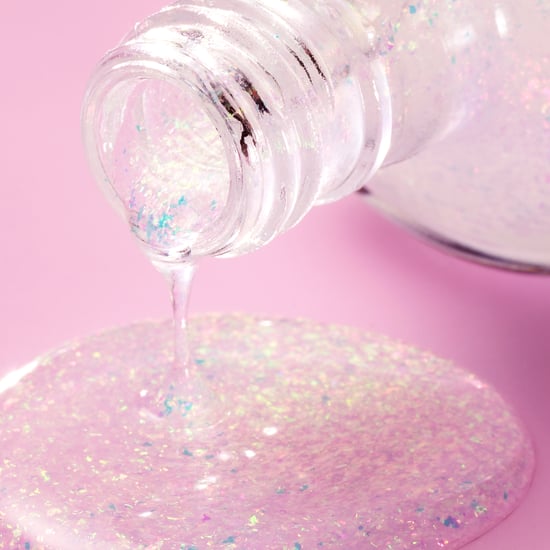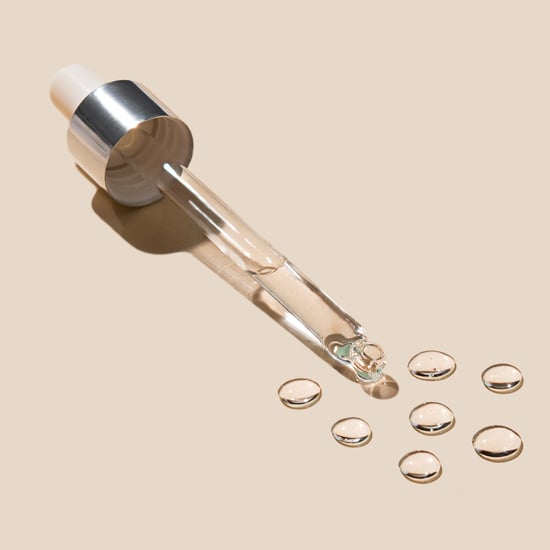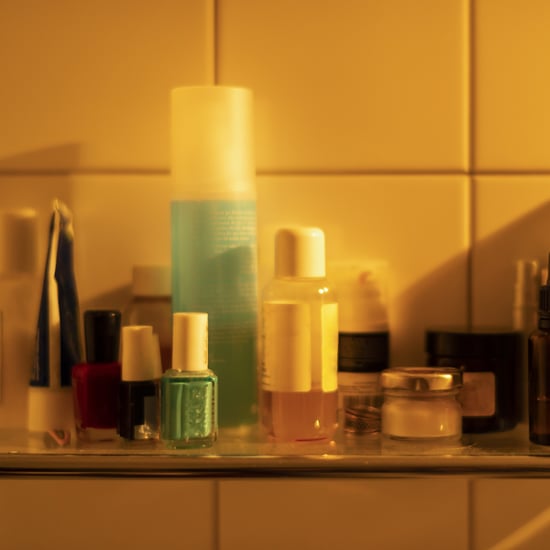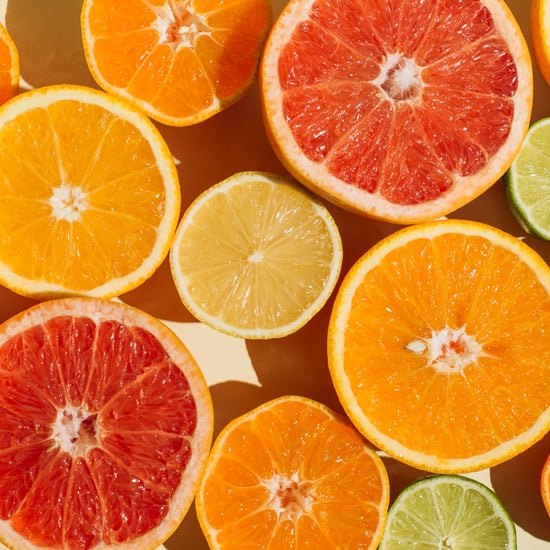5 Best Retinol Alternatives, According to a Dermatologist
The Best Retinol Alternatives, According to Dermatologists
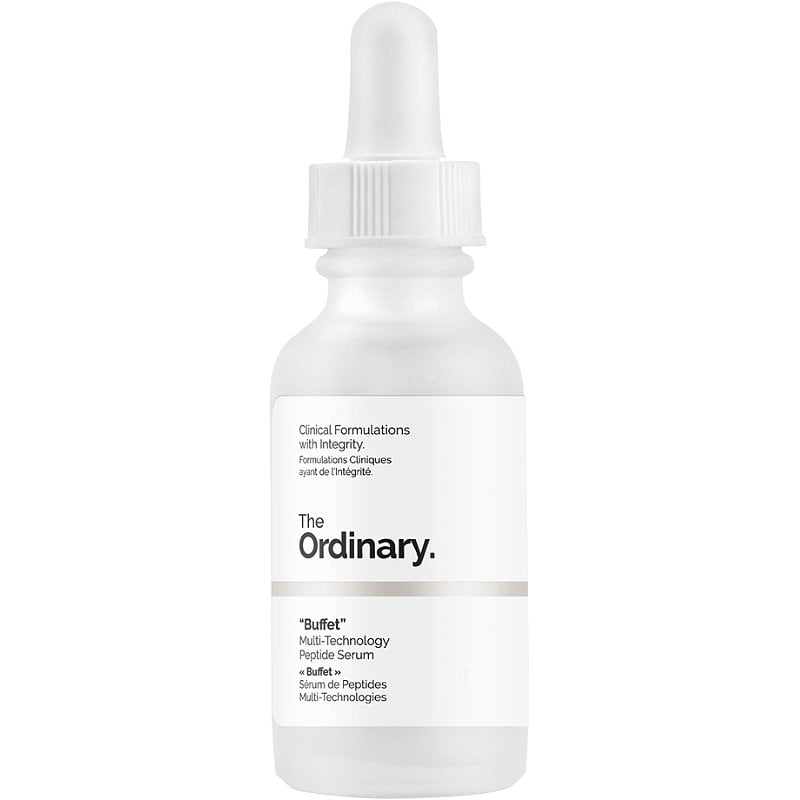
As POPSUGAR editors, we independently select and write about stuff we love and think you'll like too. If you buy a product we have recommended, we may receive affiliate commission, which in turn supports our work.
By now, you've probably heard about the many benefits of retinol for various skin concerns: it's clinically proven to boost cell turnover, which means it's one of the most effective over-the-counter ingredients for fading dark spots, reducing fine lines and wrinkles, and treating acne.
Still, because of its efficaciousness, retinol can also be harsh on the skin and lead to dryness, irritation, and peeling (even more so if you're using a prescription-strength retinoid). If you are pregnant, breastfeeding, or simply looking for a gentler alternative that delivers similar results, there are plenty of options to consider. "Retinol alternatives are wonderful to provide people with anti-ageing topical options that may be less irritating and more tolerable, as well as safe during pregnancy and breastfeeding," board-certified dermatologist Hadley King, MD, tells POPSUGAR.
There are a number of alternative ingredients that you can keep an eye out for: "Bakuchiol, peptides, growth factors, antioxidants, niacinamide, and alpha hydroxy acids, are some of the non-retinoid topical ingredients that also have anti-ageing properties," Dr. King says. So what do each of these ingredients do, you may ask? Read ahead to find out.
Best Alternative Retinol Ingredients
As Dr. King mentioned, peptides make a great retinol alternative. Versions such as copper peptides, palmitoyl tetrapeptide-7, and hexapeptides increase skin elasticity and firmness, stimulate cell regeneration, and diminish creasing, respectively, making them extremely versatile when it comes to anti-ageing.
Bakuchiol has been long used in Ayurvedic medicine, Dr. King says. "Bakuchiol is one of the few retinol alternatives for which studies back up the pseudo-retinol effect of anti-ageing and skin brightening," she says. "One study in the British Journal of Dermatology found that it could reduce signs of sun damage equally as well as retinol, while another paper in International Journal of Cosmetic Science reported improvements in lines and wrinkles, skin elasticity and pigmentation. Bakuchiol seems to be activating the genes that regulate collagen and elastin production — the same ones retinol activates, but it doesn't seem to irritate and redden skin the way retinol often does, so it appears to be a gentler option."
Niacinamide is a form of vitamin B-3, an essential nutrient for your body. When used topically, it has a host of benefits. "Niacinamide has been shown to protect against ultraviolet damage that can cause skin cancers, calms redness and inflammation, [and] helps reduce itch and retain moisture in the skin," Geeta Yadav, MD, board-certified dermatologist and founder of Skin Science Dermatology, previously told POPSUGAR. "Niacinamide increases natural lipids on the skin and reduces water loss, thereby reducing pore size," says Ellen Marmur, MD, board-certified dermatologist and founder of MMSkincare. "It can also improve skin texture," making it an effective retinol alternative.
AHAs, or alpha hydroxy acids, are other great options; examples include glycolic acid, lactic acid, and citric acid. They help to exfoliate dead skin cells on the surface of your skin to promote an even, smooth, and glowing complexion.
Growth factors are another retinol alternative that can "increase collagen and elastin, thicken skin, and improve tone and texture," says Dr. King. "There are some plant-based engineered options that have been well tested and shown to be effective. Some plant based options use a human-like epidermal growth factor that is made in bioengineered barley seeds and studies have shown that it is effective in increasing skin thickness."
So now that you know what ingredients to look out for, what are the best retinol alternatives on the market? Dr. King broke down her favourites, as well as why they made the cut, ahead.
Best Retinol Alternative: Carter and Jane The Everything Oil Sleep Repair Mask
The Carter and Jane Everything Oil Sleep Repair Mask ($98) contains cold pressed oils from avocados, sweet almond, and prickly pear, plus aloe vera, which work to deeply hydrate, Dr. King says. "They have antioxidant and anti-inflammatory properties as well."
Most importantly, the oil contains bakuchiol, which studies show provide a pseudo-retinol effect of anti-ageing and skin brightening.
Best Retinol Alternative: The Ordinary Buffet Signs of Ageing Serum
The star ingredient in the The Ordinary Buffet Signs of Ageing Serum ($17) is its peptide complexes combined with a "probiotic complex in a base of hyaluronic acid and amino acids," Dr. King says. "This serum also contains glycerin, allantoin, urea, and castor oil. Urea and glycerin are great humectants to hydrate the skin, while allantoin heals, soothes, and protects, as well as stimulates the growth of healthy skin tissue. Castor oil which is rich in fatty acids, is anti-inflammatory, antimicrobial, hydrating and moisturising."
Best Retinol Alternative: Melé Even Tone Post Cleanse Tonic
The Mele Even Tone Post Cleanse Tonic ($20) is an alcohol-free toner that contains lactic acid — an alpha hydroxy acid — to gently exfoliate and hydrate, as well as vitamin C to brighten. "This product is great particularly for people with melanated skin who are concerned with dark spots," Dr. King says.
Best Retinol Alternative: MaeLove Glow Maker
"The MaeLove Glow Maker ($30) features hyaluronic acid as well as vitamin C, vitamin E, and ferulic acid to help stabilise the serum's antioxidant properties," Dr. King says. The ferulic acid in this serum is key, as the ingredient's stabilization properties are what help the antioxidants in the serum remain effective, which in turn helps the serum to be more efficacious in helping to prevent the signs of ageing.
Best Retinol Alternative: Melé Dew The Most Sheer Facial Moisturiser with SPF 30
The Mele Dew The Most Sheer Facial Moisturiser with SPF 30 ($11) contains vitamin E and other moisturising ingredients, as well as niacinamide, which improves skin tone and texture. Sun protection and niacinamide? An unbeatable combination.
